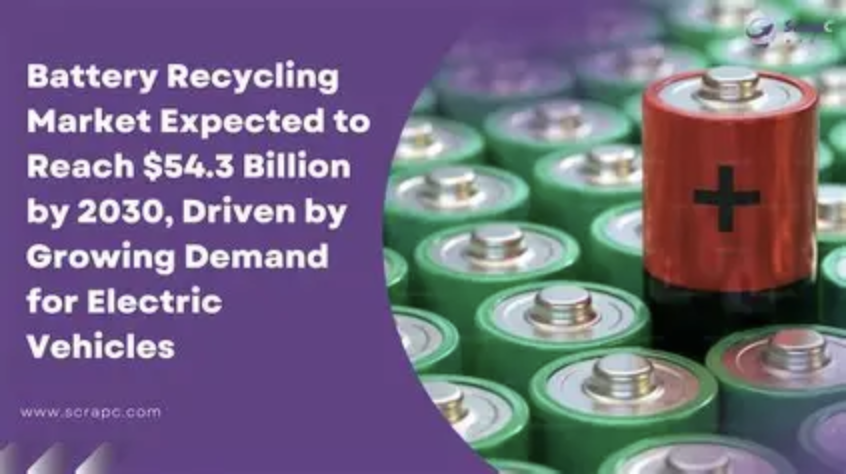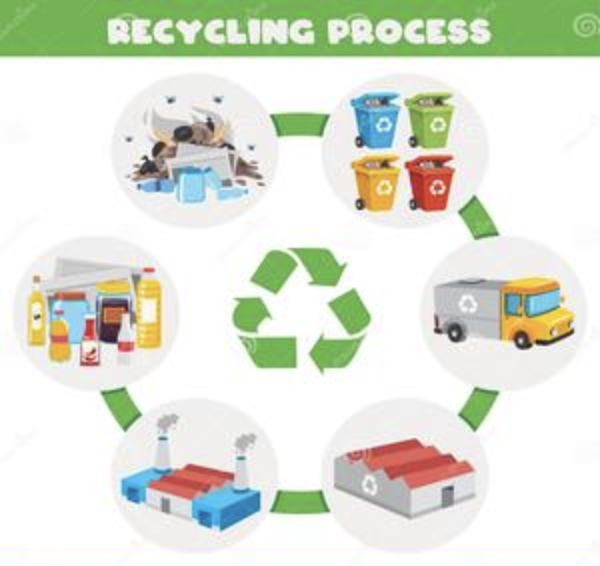As the world moves quickly toward a sustainable future, electric vehicles (EVs) are becoming more popular. Yet, this growth brings a significant challenge: figuring out how to handle EV batteries when they are no longer useful. Wealthy individuals, who are usually early adopters of new technology, need to understand the present situation of EV battery recycling and the chances it offers.
The Growing Market of EV Battery Recycling
In the past few years, there has been significant expansion in the electric vehicle (EV) market.As the number of EVs increases on the streets, so does the number of batteries that have completed their life cycle. Studies suggest that by 2025, the worldwide market for recycling EV batteries might be valued in the billions. This rise is fueled not just by the growing amount of discarded batteries, but also by the high demand for the valuable materials they contain.

The Recycling Process: From Waste to Resource
Batteries for electric vehicles contain key metals like lithium, cobalt, nickel, and manganese. Recycling these batteries allows us to recover these metals for reuse, reducing the need for new resources. The recycling procedure usually has multiple stages. Initially, batteries are gathered and sent to recycling centers. After that, they are taken apart, and their parts are sorted. Using sophisticated chemical and physical methods, the valuable metals are extracted and purified to a high standard, making them suitable for new batteries or other uses.

Industry Leaders and Their Initiatives
In the realm of recycling EV batteries, numerous companies are taking the lead. For instance, leading car manufacturers have set up their own recycling initiatives. Their goals include not just properly disposing of spent batteries but also building a closed-loop system that incorporates recycled materials in the production of fresh batteries. Moreover, dedicated recycling firms are appearing, putting substantial resources into research and development to enhance recycling efficiency and lower expenses. These firms are employing cutting-edge technologies such as advanced hydrometallurgical and pyrometallurgical methods to optimize the retrieval of precious metals.
Challenges and the Path Forward
Even with advancements, there are significant challenges in recycling EV batteries. A primary issue is the absence of a uniform battery design throughout the industry. The variety of battery chemistries and styles complicates and increases the costs of the recycling process. Additionally, the systems for collecting used batteries are still inadequate, particularly in certain areas. Nevertheless, promising solutions are emerging. Governments internationally are beginning to implement regulations that encourage battery recycling, such as setting targets for manufacturers. Simultaneously, constant technological advancements aim to streamline the recycling process and improve its cost-effectiveness.

For those with substantial investments, grasping the EV battery recycling sector represents not only a commitment to environmental responsibility but also a chance for profitable investment. By either investing in recycling firms or backing efforts that endorse sustainable battery practices, individuals can engage in this important and expanding industry. Staying updated and proactive allows you to help foster a more sustainable future while also possibly gaining financial benefits.



